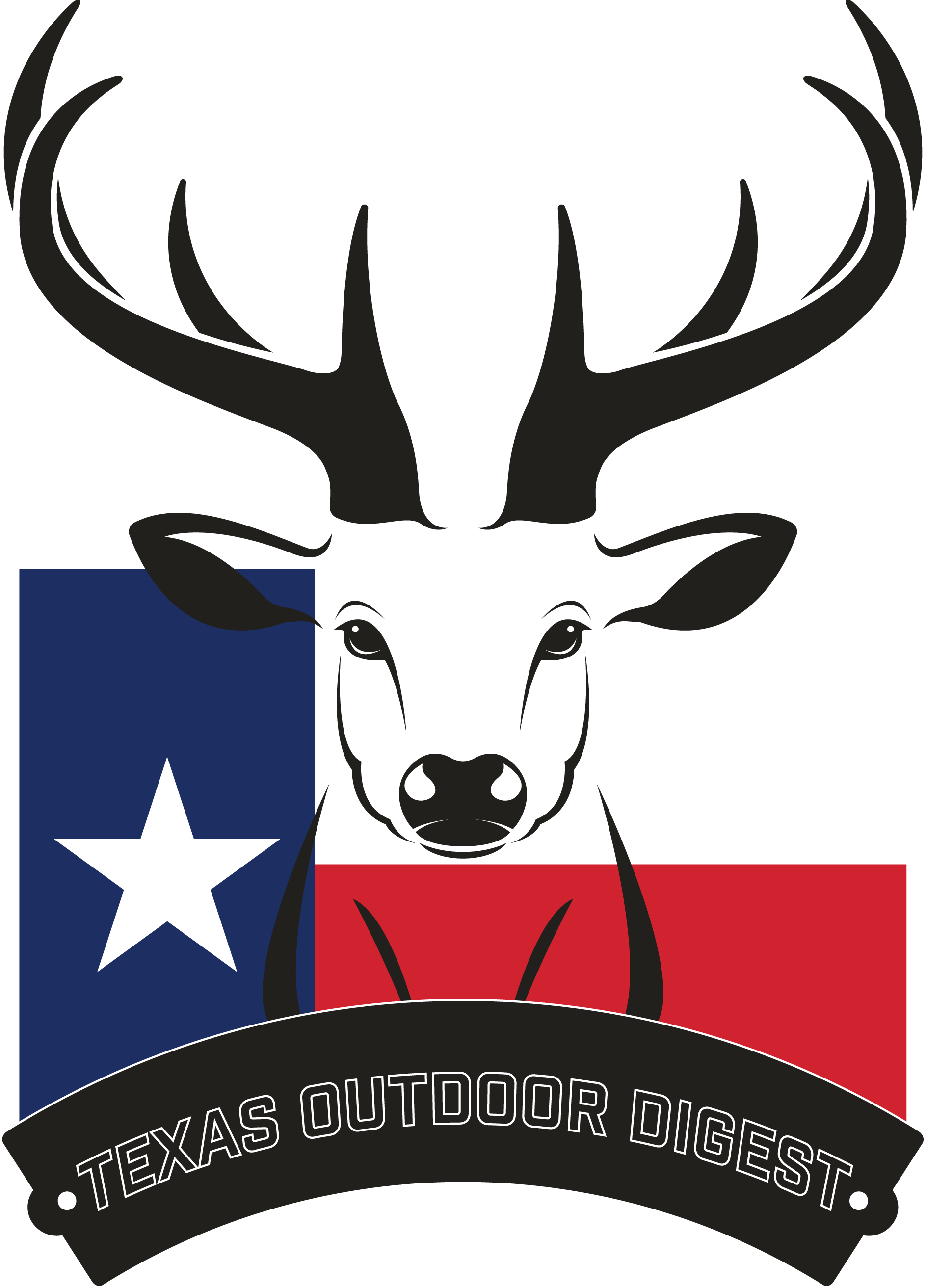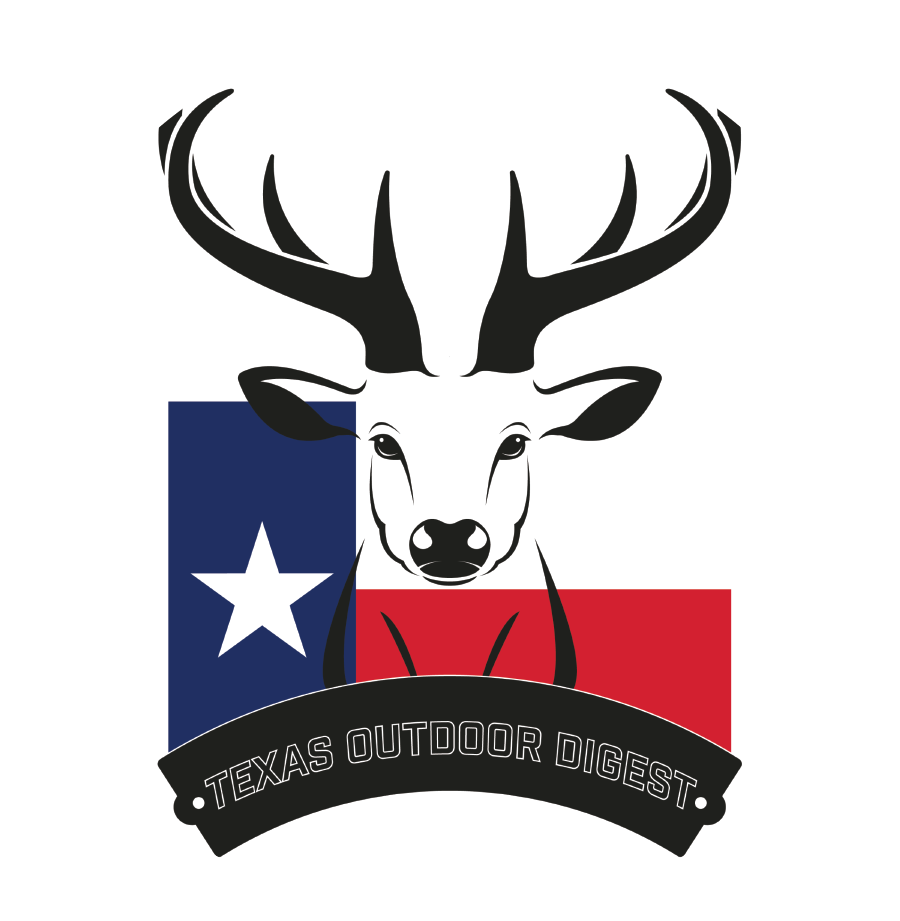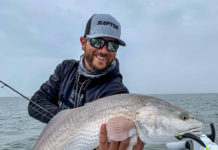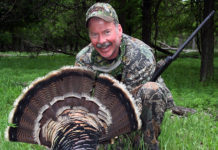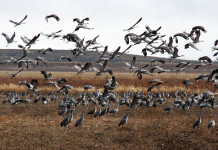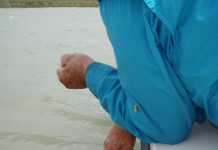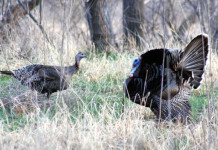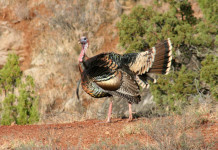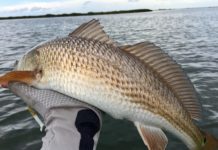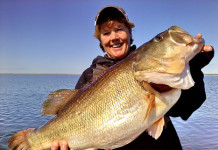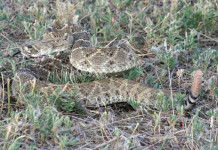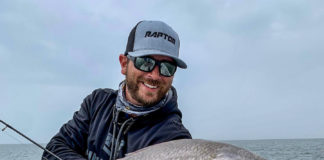The heavy, chocolate-colored antlers of the high-racked whitetail buck poked through the fingers of the wispy, overgrown shinery between a pair of ancient oak trees as it stopped to check the air, providing a peek through 10-power binoculars.
Upon inspection, the animal was the embodiment of a perfect specimen for the southern part of the state — sleek coat, thick body and symmetrical, massive horns.
The only problem was the buck was on the other side of a boundary fence and didn’t seem inclined to make the 5-foot high jump onto the land I was hunting on. After watching him for a while as he skirted along only 20 yards on the neighbors’ side of the fence, the buck finally took a course directly away from my line of sight and into the low-slung November afternoon sun.
Though I was never tempted to take a shot across the fence, I’ve heard numerous tales of people doing it or carrying out a handful of other somewhat unscrupulous acts while they were hunting or fishing. While many hunters and outdoors enthusiasts are readying for upcoming seasons or trips, some forget to include their ethics among other items they tote with them, when in fact, they are the most important thing you can bring on any excursion.
One of the more notable quotes on the subject goes something like: “Ethics is what you do when no one is looking.”
Among the people the quote is attributed to is Aldo Leopold, the father of wildlife management, and nowhere does it apply more than in outdoor pursuits. Fall provides an opportunity for many people to reflect on what they believe: there’s usually plenty of down time on a hunting or a fishing excursion, and there are also plenty of chances to make decisions that ultimately have a right or a wrong answer. While game wardens are charged with upholding laws and protecting wildlife resources, the odds of running into one of our blue-badged friends are rare. That means the average hunter or angler likely has ample opportunity to abuse their privileges and not get caught.
When it comes to outdoor ethics, a few bad apples can definitely spoil the whole lot.
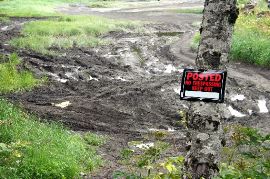
Every so often you’ll hear about someone shooting up a bunch of pronghorns and leaving them to rot or filling every concealable inch of a boat with any number of game fish, but even taking one over your daily bag limit is ultimately an ethical violation — while also being against the law. Whenever someone blatantly violates a game law without regard to others and gets discovered, it casts the spotlight in a very negative way on law-abiding outdoorsmen and women. In this day and age of the continuous news cycle, a single deceitful incident can sour people even more than some already are when it comes to our legal pastimes.
On a recent dove outing, our host mentioned how a woman who lived near where we were hunting didn’t like the pursuit in general and even scoffed and slammed the door on him when he attempted to do the Christian thing and bring his neighbor fresh dove meat. I have no problem with someone exercising their freedoms of speech and choice — that’s what makes this the best country on earth. But all it takes to turn someone who is on the fence about the issue into this woman is for someone to shoot across a fence, act in an unsafe way or conduct themselves in a manner anything less than respectful.
There’s no doubt anyone who has hunted or fished with any regularity has had their chances to do something that would reflect negatively on a large part of society. I know I’ve had enough days when the doves seemed to be cloning themselves right in front of my eyes or when the trout and redfish almost jumped into the boat. I also know I’m not perfect, but that’s no excuse to do anything that would make me stop and question myself for more than a second.
Because most outdoor pursuits are passed on from generation to generation, it gives many people the opportunity to influence future hunters and anglers — and more importantly leaders — something each of us should take pride in. We have the chance to show youngsters the right way to do things, and while there’s plenty to be learned in a hunter education course or similar curriculum, there’s as much or more to be gleaned from activities in the field.
In the end, all we can hope is that we’ve made an impact on people who will carry on our traditions that we enjoy so much and teach future generations the importance of what we’ve learned because it has enriched our lives. By conducting ourselves accordingly in all facets of our lives, not just in the field, we will help pass on our most important and endearing qualities.
After all, you just never know who is watching.
